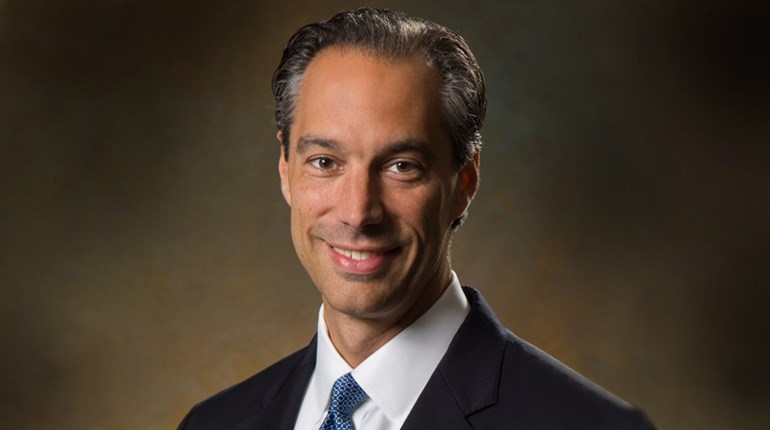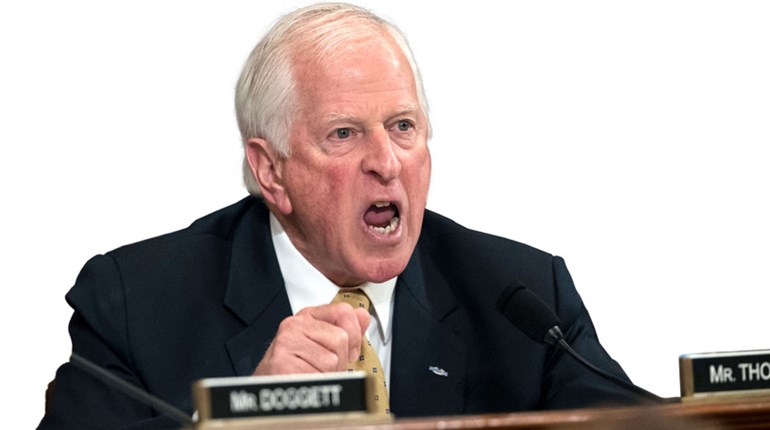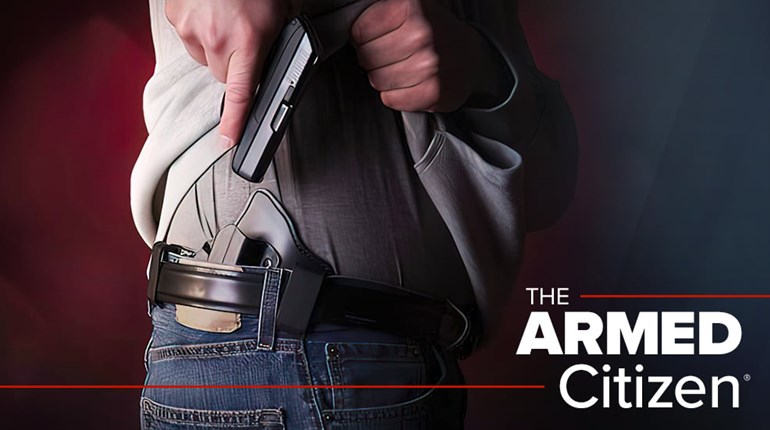
U.S. Rep. Mike Thompson’s “universal” background check bill would do nothing to prevent criminal violence.
On Feb. 6, gun owners got to see what a Nancy Pelosi-controlled Congress looks like, as the House Judiciary Committee held its first gun control hearing in nearly a decade. Things went as one would expect.
While the hearing was labeled “Preventing Gun Violence: A Call to Action,” it was intended to be the legislative launching pad for H.R. 8—the “universal” background check bill introduced by Rep. Mike Thompson, D-Calif. “Universal” background checks will do nothing to prevent gun violence. H.R. 8 does, however, have the potential of ensnaring otherwise law-abiding gun owners unfamiliar with its proposed new restrictions on lawful activities that pose no threat to public safety.
From the beginning, it was clear how anti-gun members of the committee intended to steer the proceedings.
First, there was the panel—which consisted of two crime victims, two anti-gun representatives of law enforcement, one trauma surgeon (who happens to sit on the board of the anti-gun Brady Campaign), one constitutional scholar and the executive director of the anti-gun Giffords Law Center. Out of the seven panelists, only two—one crime victim and constitutional scholar Joyce Lee Malcolm—spoke against H.R. 8 and other forms of gun control that were discussed.
Notably absent from the hearing was House Minority Whip Steve Scalise. While the Louisiana Republican is a survivor of a well-known public shooting, he was denied the opportunity to testify because he was unwilling to toe the gun control line.
The tone from committee Democrats was clearly antagonistic toward the right to keep and bear arms. Democrat panelists used their opening statement to make clearly emotional, political and all-too-often incorrect points. It is also a courtesy normally extended to panelists that allows them to make such statements unchallenged. But that courtesy was ignored.
Anti-gun Rep. Ted Deutch, D-Fla., simply couldn’t wait his turn.
After Professor Joyce Lee Malcolm had made her opening remarks, Deutch decided to make sure the anti-gun community knew where he stood. Abandoning common courtesy, he misstated what Malcolm had said to appear as if he was correcting her. The message was clear: Support the Second Amendment in this committee hearing at your own peril.
It should come as no surprise that the committee didn’t focus on the actual effectiveness of H.R. 8 at reducing violent crime. Recent studies, even those produced by anti-gun research institutions, have found that “universal” background checks are ineffective at reducing crime.
Ultimately, the hearing went as anyone who pays attention to politics would expect. Anti-gun Democrats made sure they were able to promote anti-gun legislation—as they ignored facts, reason and the concerns of crime victims who don’t support their agenda.


































